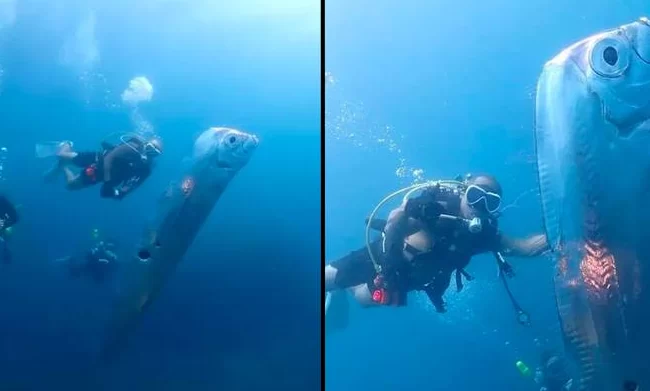
Negotiations continue to ban diesel cars from 2035.

The Vice President of the European Commission, Frans Timmermans, announced that Germany and the EU have reached an agreement on the future use of synthetic fuels.
“We will now work to get the CO2 rules adopted to regulate passenger cars as soon as possible,” he explained, adding that “the Commission will pursue the necessary legal measures to implement Recital 11.”
German Transport Minister Volker Wissing tweeted that the way has been opened for the registration of vehicles with internal combustion engines that use only climate-neutral fuels even after 2035.
“We provide opportunities for Europe by preserving important options for climate-neutral and affordable mobility,” said Wissing.
An initial proposal by European Union member states for new carbon dioxide emission standards for cars was shelved precisely because of Germany’s opposition.

The EU wanted to ban the sale of all new cars with combustion engines from 2035.
Germany had instead sought an exemption for cars that burn e-fuels, arguing that such fuels can be produced using renewable energy and carbon captured from the air so they don’t release further emissions into the atmosphere.
Wissing said concrete procedural steps had been agreed and a specific deadline had become binding.
“We want the process to be completed by the fall of 2024,” he added.
The agreement was partially broadcast the day before by Olaf Scholz.
“I know that journalism is also part of the fun and that you don’t like to see us reach a deal, but we will find a deal” with the EU on e-fuels, the German chancellor said at the end of the Eurosummit, answered a question on talks with Brussels to include e-fuels in the text on banning internal combustion engines in 2035.


















